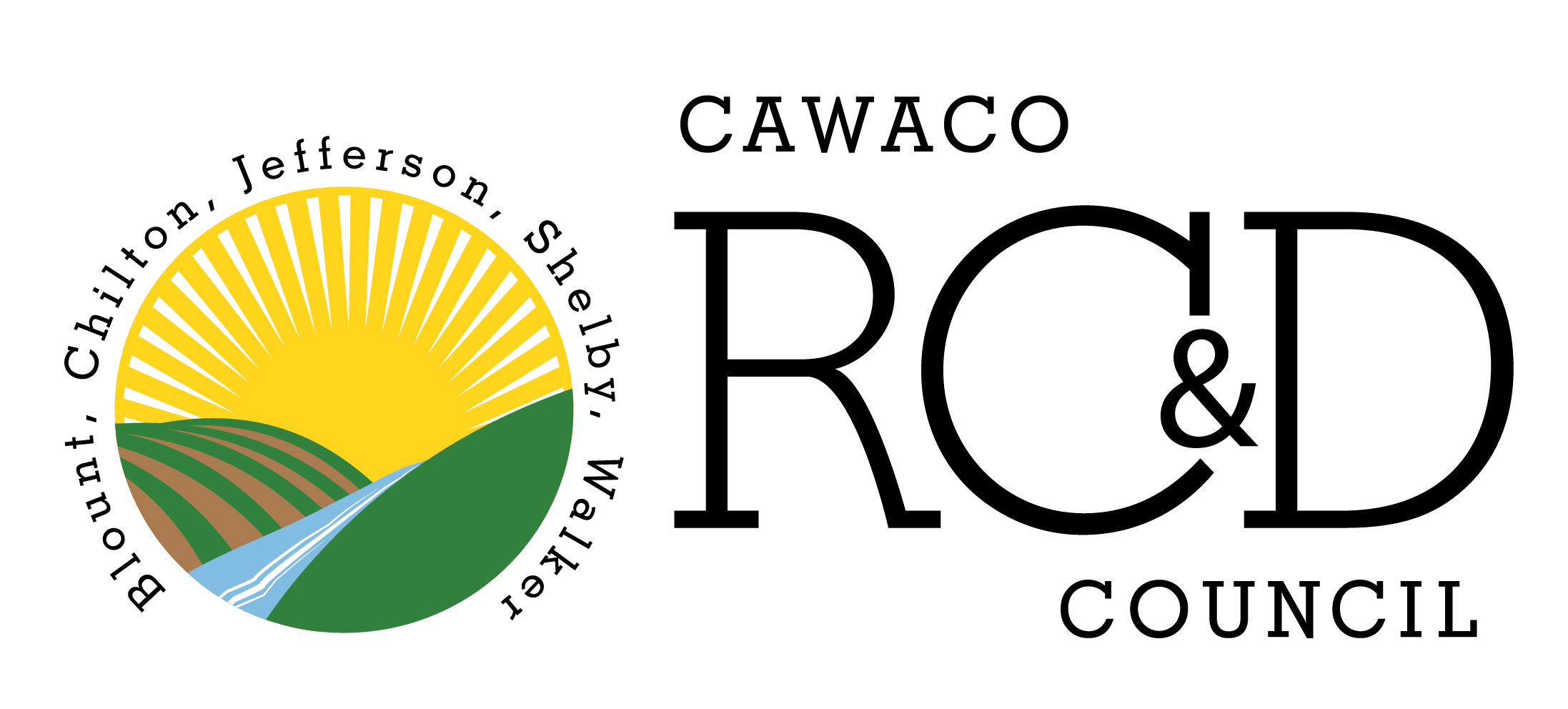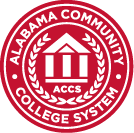 Jefferson State announces that additional scholarships are available for fast-track healthcare programs at the college thanks to the support of partner CAWACO RC&D.
Jefferson State announces that additional scholarships are available for fast-track healthcare programs at the college thanks to the support of partner CAWACO RC&D.
The Birmingham Workforce Retraining Initiative will provide an opportunity for 15 women, minorities, unemployed and/or underemployed Birmingham residents to obtain training and enter a meaningful and rewarding career in the healthcare industry.
The initiative is a collaborative partnership among employers, including Ascension St. Vincent’s and UAB, and other partners like Childcare Resources, to ensure that participants receive the services needed to successfully enter the workforce.
Through CAWACO RC&D’s support, training stipends will be awarded to at least 10 qualified participants enrolled in Administrative Medical Assistant, Clinical Medical Assistant, Medication Aide, or Sterile Processing Technician to cover the cost of enrollment, books and other program-related fees.
Those interested can apply for scholarships by clicking here.
Find more information about the programs by clicking here.
Past gains in the battle against poverty in the region have slowed in the face of the global economic downturn, and job growth and incomes have not yet experienced sustained recovery. Because of the COVID-19 pandemic, there is a critical, urgent need for healthcare workers. To meet this need, JSCC will provide fast-track, high-demand healthcare training, housed at the college’s new downtown location adjacent to St. Vincent’s Hospital. By bringing the training to downtown Birmingham, this project will provide access to high-demand, quality fast-track healthcare training for the targeted population to obtain new skills that foster the skills and competencies that employers need.
The Birmingham Region’s workforce is its most powerful economic development asset. Research has shown that investments must grow for programs that provide occupational skills training for the targeted population to enter occupations that can provide a living wage. However, women, minorities and unemployed and underemployed residents often fail to complete training options because of the barriers they confront, including tuition, transportation, and other associated costs. It is essential that participants have access to wraparound supports including childcare, transportation, and other associated educational costs to ensure they can focus on their education.



